 For the girlhood
For the girlhood
and for my large and imperfect family
with love Without imperfection, neither you nor I would exist. STEPHEN HAWKING All of the days that have opened their eyes lie staring. ROSALIE MOORE
Thank you to the editors of the following publications, in which some of the poems in this book first appeared:
The Compass, Granta, The Idler, New Statesman, Poetry Review and
The Spectator. Thanks to my husband, Andrew Stevenson; to Colette Bryce and Jane Feaver; to the girlhood that is Iphigenia and all at the irreplaceable Helyar group Fiona Benson, Claire Crowther, Jane Draycott, Annie Freud and Jenny Lewis; also to Matthew Hollis and Lavinia Singer at Faber, and to my agent, Georgina Capel. For their crucial support, financial and otherwise, my thanks to Steve Cook, Eileen Gunn and the whole fellowship of writers at the Royal Literary Fund. Thank you to the Royal Society of Literature for a fellowship in 2018, and for allowing me the privilege of signing the roll book with George Eliots pen.
Any Ordinary Morning was commissioned by Carol Ann Duffy for 1914: Poetry Remembers (Faber & Faber, 2014). The image on page 71 is from Bubica/Shutterstock.com. Finally, thank you to all those writers whose voices travel with me, and some of whose words (remembered and occasionally half-remembered) have surfaced in this book: John Ashbery, W. H. Auden, Gaston Bachelard, Martin Buber, Nathaniel Dorsky, Susan Greenfield, Selima Hill, Gerard Manley Hopkins, Martha Nussbaum, Ovid, Sylvia Plath, Plutarch, Propertius and William Wordsworth.
Contents
At length we learned what it meant to come to grief.
As if grief lay in wait for us all along, a barricade or boulder in the road. What was it pulled us to it led as we were to its cold, stone smell, its granite skin? We knew it by the way the light had shrunk to a frayed corona; in increments, we understood there was nothing to do but swallow it whole and inch our way forward again. But to find we were able that was the miracle. It was as if the soul, which has no definite shape, consisted simply of a flexible cell wall: in grief, the soul distorts and forms a seal around the loss. What we cant absorb we carry in us, a lumpish residue. Its truly a wonder we manage to move at all; let alone as freely as this, with the ease at times of our old and lighter selves.
And when I say we Look out into the street we are everywhere: on bikes, at bus-stops, among the crowds of those who have not happened yet on grief. We steady our own like an egg in the dip of a spoon, as far as the dark of the hallway, the closing door. Some of us are there even now, in the dusk that gathers behind doors. We are catching our breath, convinced we wont be joining you again, surprising ourselves at the last because we do.
The teenage workers at the Spitfire factory said theyd felt the concrete crack under their stomachs as they lay against it with the bombs coming down, destroying a train that had paused at the station. This was a full five years before my father was born, before the track was mended, and a good many before we moved to that place, the freight trains passing at the end of our narrow garden, taking their cargo of steel sections out to the shipyard.
Their quiet rumble carried right into the lounge, to where I had been settled one late afternoon in my favourite red dungaree playsuit in front of Fingerbobs. It was the episode where Fingermouse and Gulliver gather feathers for an adventure set in a country full of bumps. The lull of Yoffys chant as he told the story blended with the hum of my mothers, speaking into the phone in the next room to her new man-friend until her words got mixed instead, without any warning, with the howl of Wolfman Jack in the skincare advert and sent me screaming to her so she straightaway drops the plastic handset, leaving it dangling on its coiled flex to yo-yo by the wall. All the while it takes to calm me, the handset goes on hanging there; it is yellowish opaque cream, the colour of Milkybars, and soon she lifts it again to her ear and begins the story of why I am crying, when in the middle distance a horn sounds twice, like a panicked animal, from one of the endless trains that will not be there when we move to the house where my stepfather will be no longer just an imagined voice coming faint and innocuous, out of the wood-chip wall.
DURING
To begin somewhere other than at the beginning, to begin in that last summer of the 80s, with the tutor his wire-wool beard, his sotto voce slights and compliments, the meekness he affects to say them in and with the student, who is beautiful, but not too beautiful a little on the thin side each time I reach them the tutor is quoting a line from the poet Propertius. It is a passage from the
Elegies where our screwball hero pictures Cynthia with another man and spits the words
rumpatut assiduis membra libidinibus.
May his cock be broken by insatiable lust, Wire-wool translates, the sounds in his mouth awakening the many passions he has never spoken for other young women, thereby conferring on this one the crucial quality of fungibility. The 1912 translation by H. E. Butler is more circumspect: Let his insatiate lusts break all his strength. But cock is what the tutor says. Cock is what she hears.
She turns her head to the window in a series of tiny jump cuts, stills joined by infinitesimal dissolves. Beyond the evenings rainhiss nothing but the pulse of her ears cicadas. * In the Greek pantheon, the messenger Hermes, god of trade, of weights and measures, is patron also of boundaries. Also, the transgression of boundaries, in which capacity his aim is to blur their definition: he knows where the borders are and crosses them. Martha Nussbaum calls such blurring violability where an object (a person, say) is treated as lacking in boundary-integrity and viewed accordingly as something it is permissible to break up, smash, break into. 
BEFORE
The damp space of the foyer.
At waist height, a panelled dado runs as far as the open well of the staircase, where the quiet thickens, as is the way with wells. Ahead walks the tutor. The me that was then follows, watching from the dark theatre of my skull. The me that is now does likewise. The darker the space, the moreluminous the screen (the darkness saying it). Ahead, the barley twist balusters, the room with its lockable two-panelled door.
Ahead, the tutors hands depend one on either side, like lowered pails. 
BEFORE
Out in the cobbled Wait so now theyre out? Thats right. Like this Out in the cobbled streets But what
is out? Out in the cold Out like a light Out of the frame, of her hands, of her depth. Out is vast. Is limitless. It is before.
Also provisional. Anything could. Out in the cobbled streets a northeast wind is blowing the June rain slantways. Night shadows moving Shadows in the dark? Yes, from the wall lamps; soot-stained terracotta overlaced with deeper dark so moving over the bricks of seventeenth-century faades in a terraced row positioned by the river. (The river, however, from this vantage point cannot be seen.) Is it not generally best to consider that events, at any time, are poised to take an unexpected turn? The shining cobbles. I want to go back, out of the bad stories. And then they arrive? They arrive now at the department building.


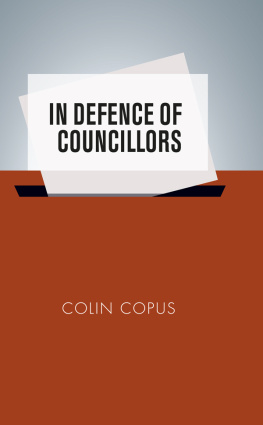
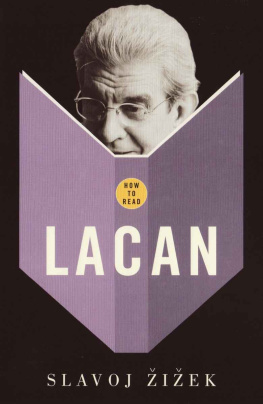
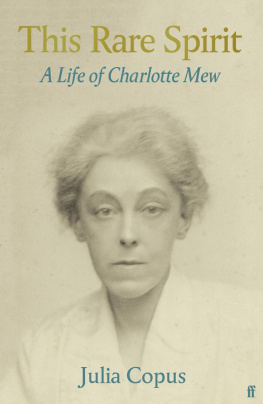
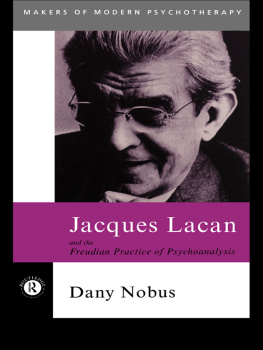

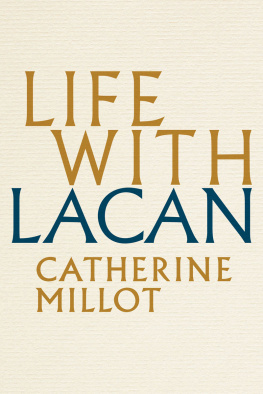

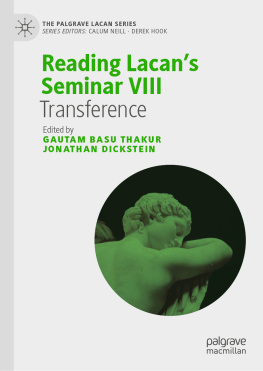
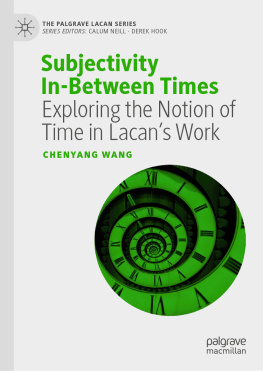
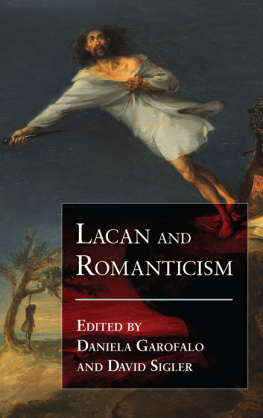

 For the girlhood
For the girlhood